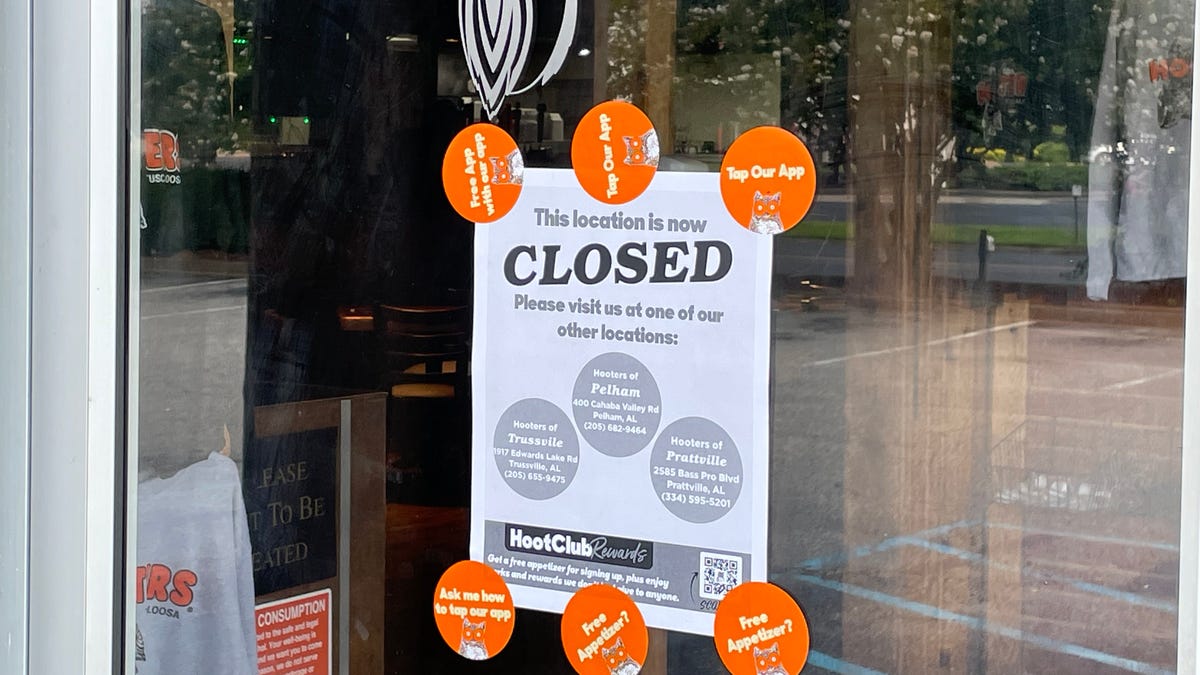Johnny C. Taylor Jr. tackles your human resources questions as part of a series for USA TODAY. Taylor is president and CEO of the Society for Human Resource Management, the world’s largest HR professional society and author of “Reset: A Leader’s Guide to Work in an Age of Upheaval.”
Have a question? Submit it here.
Question: While I was working a seasonal job, I was fired just weeks before the term ended. However, my employer never gave me a reason for the termination. My former manager referred me to HR, but I never received a response to my inquiries there. Can I be fired without my employer giving me a reason for the termination? – Leo
Answer: I’m sorry to hear about your situation. Being terminated without an explanation can definitely feel frustrating and confusing. While the specifics can vary depending on your location and circumstances, here’s some general guidance to help clarify your rights and options.
The answer largely depends on the laws in your state or country and the nature of your employment. Most states operate under an “at-will” employment system. This means an employer can terminate your employment at any time, for any reason (or no reason), as long as it’s not illegal (e.g., discrimination or retaliation). However, some states have laws requiring employers to provide an explanation for termination, either verbally or in writing, particularly in cases of involuntary termination.
Since your job was seasonal, the terms of your employment may have also been governed by a contract or agreement. If there were specific guidelines about duration or conditions for termination outlined in that contract, your employer should have followed them.
While employers may not always be legally required to provide a reason, it’s considered best practice to do so. Communicating the reason for termination helps prevent confusion and disputes, demonstrating that the decision was thoughtful and fair. When an employer fails to provide a reason, it can understandably raise concerns.
If your former manager referred you to HR and you didn’t get a response from them, it’s worth taking additional steps to follow up. Here’s what you can do:
◾Contact HR again. Reach out via email or phone to reiterate your request for clarification. Be clear and professional in your communication.
◾Check your employment documents. Review any offer letters, contracts, or employee handbooks you received when you started the job. These may provide information about termination policies and procedures.
◾Document everything. Keep records of all communications with your former employer, including dates and times you contacted HR or other points of contact.
If you suspect the termination might have been discriminatory or in violation of employment law, you have a few options:
◾Seek legal guidance. Consulting with an employment attorney can help you better understand your rights and the terms of your contract, especially if you believe the termination was unlawful.
◾File a complaint. You may be able to do this through your state’s labor department or the Equal Employment Opportunity Commission (EEOC) if the termination violated employment laws.
While the situation may be disheartening, use it as an opportunity to reflect and move forward. If you’re in the job market again, focus on highlighting your skills and experience from that seasonal role, as well as any lessons learned. Regardless of the circumstances, you can take the next step in your career with confidence.
Being proactive and informed about your rights is always a good move. If you need further guidance, don’t hesitate to seek professional advice or resources in your area.
Wishing you the best in your next chapter!
The views and opinions expressed in this column are the author’s and do not necessarily reflect those of USA TODAY.










